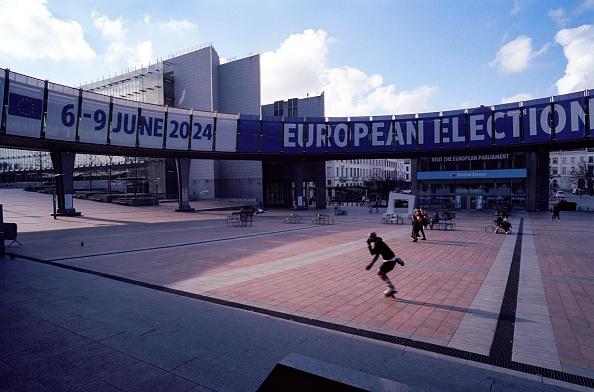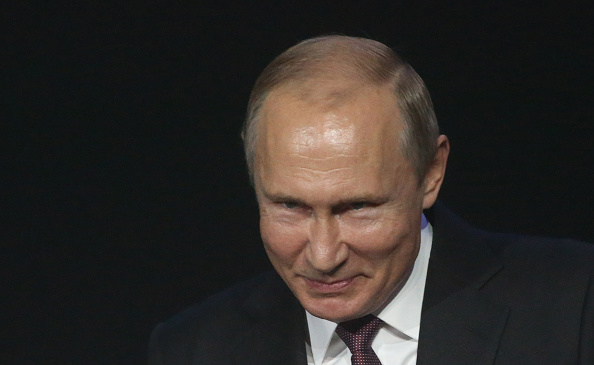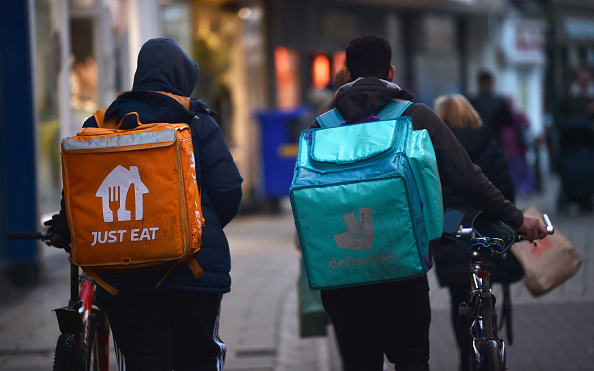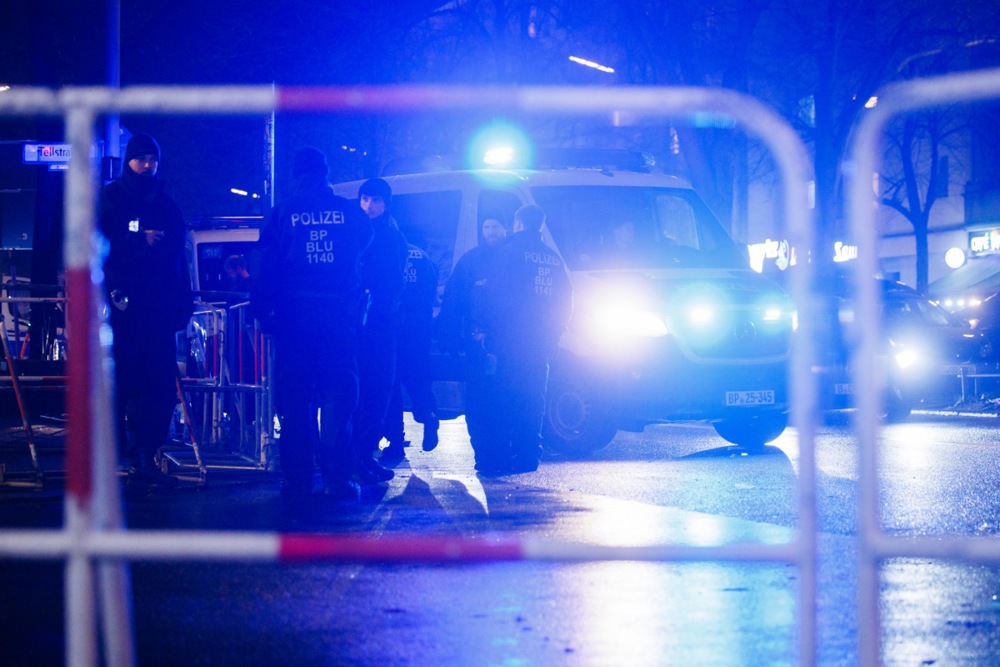Generative AI has made its first widespread appearance in 2024 in Russia, ahead of presidential elections in the country.
Generative AI models learn the patterns and structure of their input training data and then generate new data that has similar characteristics.
Manufactured clips pushed out on Telegram channels close to the Kremlin purportedly show Yulia Navalnaya, the widow of the late opposition leader Alexei Navalny, cavorting with unknown men and discussing extramarital affairs and abortions.
Yulia has been an outspoken critic of President Vladimir Putin, as was her husband who died in a Siberian prison on February 16, allegedly murdered on the President’s orders.
The AI-generated videos and doctored images began to appear within hours of Navalny’s death.
One claims to show a prominent US psychologist, who denies ever commenting on the matter, describing Yulia’s expressions of grief over her husband’s death as “simulated”.
Evgeniia Makhalina, a Berlin-based fact checking professional, stated: “Dr Ekman didn’t give any comments to any media on Navalny, let alone Tsargrad [a pro-Kremlin news source] as neither he nor his team comments on personal, legal, or political matters as they confirmed to number of independent outlets.”
Another doctored image of Yulia “embracing another man”, was an Agence France Press photograph of her and her husband that had been lifted from the media site and then altered, said the French news agency.
Alan Anstead, a UK communications consultant who previously worked for the British Foreign Office, said: “Russia-backed trolls are producing deep-fake videos that pretend to be from professional sites.
“These posts are getting thousands of views/impressions,” he added.
Many of the videos have appeared on the Telegram channel run by pro-Kremlin blogger Vladimir Solovyov, which has almost 1.3 million followers.
Others have appeared on a network of shadowy accounts on X, Instagram, Facebook and the Russian platform Vkontakte, as well as known Kremlin-linked disinformation sites including Clear Story News.
The widely mistruted X account @HamzaMithaiwala has, since February 22, repeatedly responded to news stories from Reuters, USA Today, Der Spiegel and Die Ziet legitimate news outlets by posting an AI-generated news clip alleging Yulia spent €7,000 in cash on an abortion at a private German clinic.
Following her husband’s death, she has become a new face of Russian opposition to Putin’s regime.
X suspended her newly created account on the platform on February 19. It had accumulated 100,000 followers in three days and her account was reinstated the next day.
On February 28, Yulia told the European Parliament: “Putin must be held accountable for what he did to Alexei,” adding the President also had to answer for “what he did to Russia and Ukraine”.
Since Alexei Navalny’s death, Yulia has also addressed the Munich Security Conference and met with US President Joe Biden.
Putin’s three competitors in the presidential elections, to be held over March 15-17, poll between 4 and 6 per cent.
Yulia Navalnaya, although she is not standing in the elections, now appears to be the opponent who most concerns the President.
“If you really want to defeat Putin, you have to stop being boring,” she told the European Parliament.
“You cannot hurt Putin with another resolution or another set of sanctions that are no different to the last ones,” she said.
“You have to become an innovator.”
Putin gave his annual presidential address to Russia’s Parliament on February 29.
There, he denounced French President Emmanuel Macron’s suggestion that European NATO members might send troops to Ukraine, saying such a move would bring about “a conflict with the use of nuclear weapons”.
He compared Macron to Adolf Hitler and Napoleon Bonaparte, pointing out both had made unsuccessful attempts to invade Russia.
Several potential election candidates, who many say may have posed too much of a challenge to Putin, have been banned from standing.
In December, the Central Elections Commission rejected nomination documents from journalist Yekaterina Duntsova, who had announced her intention to stand as an independent anti-war candidate.
Similarly, on February 8, the Commission barred opposition politician Boris Nadezhdin from standing. He is a former member of the legislative Duma council and has also vocally opposed the Ukraine war.
Experts have predicted an “unprepared” Europe is about to witness a flood of AI-generated, politically-oriented fake images and video as nine national elections in the European Union and June’s European Parliament elections loom.
Facebook and Instagram owner Meta said on February 25 it will launch an EU-specific Elections Operations Centre to combat “deep fakes” and other disinformation ahead of June’s Parliament elections.
Putin garnered 62 per cent support in a February 10-18 poll by the Centre for Research of Russian Political Culture.
Although there is no realistic doubt he will win, that would still mark a decline from the 77.53 per cent he commanded in 2018’s presidential vote.
Still, Putin tends to do substantially better on election day than in polls just prior to an election.
In 2018, straw votes suggested he had a little over 60 per cent of support from the electorate but actually secured almost a third more in the official election.





